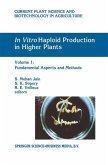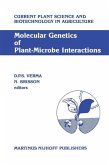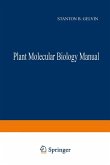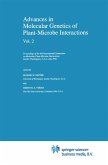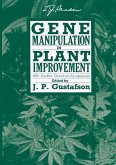Wide-ranging and innovative, Plant Epigenetics: Methods and Protocols is an invaluable manual designed to help researchers uncover the undiscovered and unexplained phenomena in plant biology.
Dieser Download kann aus rechtlichen Gründen nur mit Rechnungsadresse in A, B, BG, CY, CZ, D, DK, EW, E, FIN, F, GR, HR, H, IRL, I, LT, L, LR, M, NL, PL, P, R, S, SLO, SK ausgeliefert werden.
"The book by Kovalchuk and Zemp is a successful attempt to provide the most recent approaches for identifying epigenetic variation in plants. ... it is without doubts that the publication should be in every bookcase of molecular scientists interested in epigenetics. I can also recommend it for plant ecologists and evolutionists engaged in epigenetic variation in plants because some methods can be a good improvement of the currently commonly used approaches." (Vit Latzel, Folia Geobotanica, Vol. 48, 2013)



